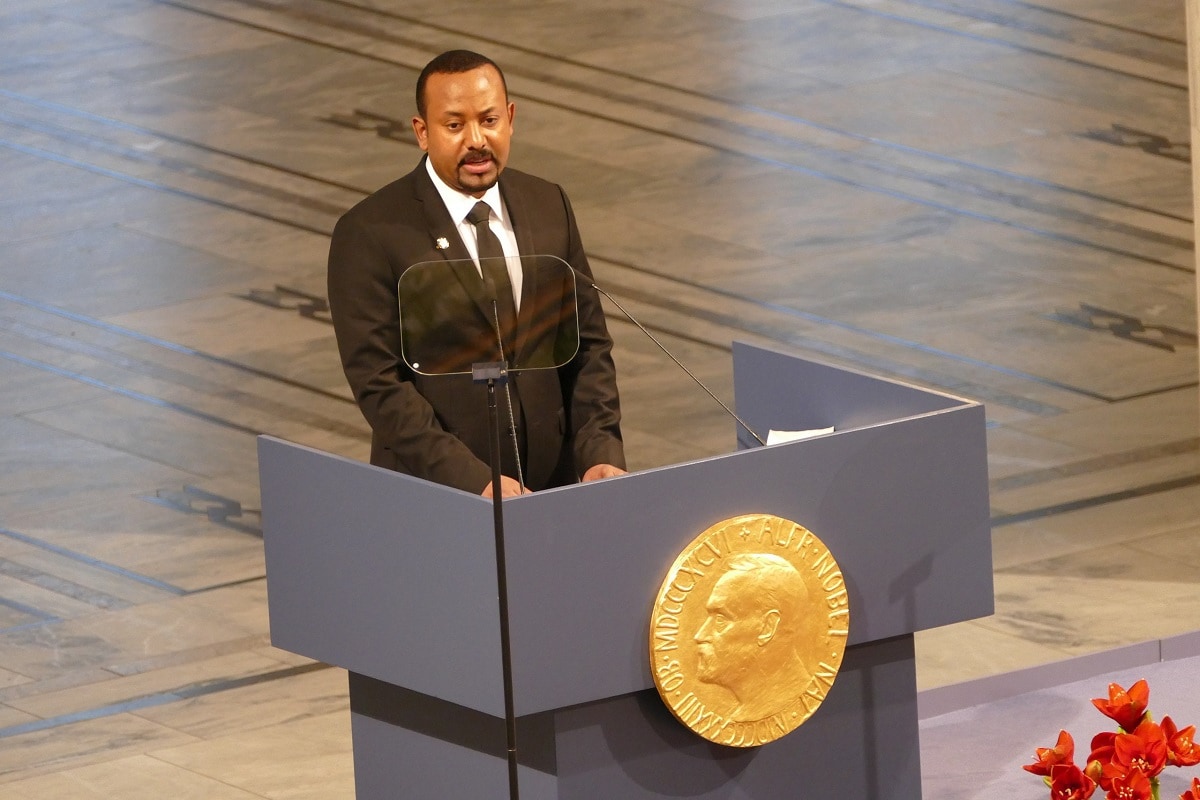In early November 2020, Ethiopian Prime Minister Abiy Ahmed ordered Ethiopian forces into the northern Tigray province to quell political defiance and punish the Tigray People’s Liberation Front (TPLF). Reports quickly emerged not only that Ethiopian forces had perpetrated mass atrocities against the civilian population, but also that Abiy’s men operated alongside Eritrean troops. Such cooperation came two decades after Ethiopia and Eritrea ended a war that had cost more than 100,000 lives. Abiy’s rapprochement with Eritrean leader Isaias Afwerki ultimately earned Abiy the Nobel Peace Prize. The Norwegian Nobel committee did not likely expect that such cooperation would extend to rape and slaughter.
While Eritrean abuses against local Ethiopians made headlines, as Abiy limited access by journalists to the region, the Eritreans appear to have pursued a more systematic campaign against those who fled Isaias’ state. The Eritrean Research Institute for Policy and Strategy (ERIPS), operated by a broad group of Eritrean scholars and professionals, queried the fate of more than 100,000 Eritrean refugees who had occupied four camps in Tigray. ERIPS found “20,000 Eritrean refugees have been forcibly repatriated to Eritrea and two of the four refugee camps are burned down.” According to the UN High Commissioner for Refugees (UNHCR), the destroyed camps were Shimelba and Hitsats. Such targeting of refugees and the apparent forced return by the regime they fled of many camp inhabitants would constitute a war crime that the African Union and broader international community should investigate.
Those forcibly repatriated face grave danger. Because Isaias has instituted indefinite conscription—state-sponsored slavery—many Eritreans flee for otherwise, they have no hope to earn a livelihood or start a family. Many suffer gross indignity, find themselves sold in Libyan slave markets, or die in the desert or crossing the Red Sea or the Mediterranean as they try to reach Europe or the United States. If they make it to the West, Eritrea’s regime continues to target them with ethnic (rather than citizenship)-based taxation, a practice the UN Security Council has long condemned.
The African Union, United States, and broader international community should seek to locate and confirm the whereabouts and/or fate of the 20,000 Eritreans whom Isaias has now forcibly returned from Tigray. If the Biden administration and world remain silent or disinterested about their fate, Isaias is likely to send them to mass graves as an example to any others who would flee one of the world’s most repressive regimes.
President Joe Biden and Secretary of State Antony Blinken repeatedly promised that they would return diplomacy and promotion of human rights to the center of American policy. It is time to start.
Michael Rubin is a senior fellow at the American Enterprise Institute and a 19FortyFive Contributing Editor.

